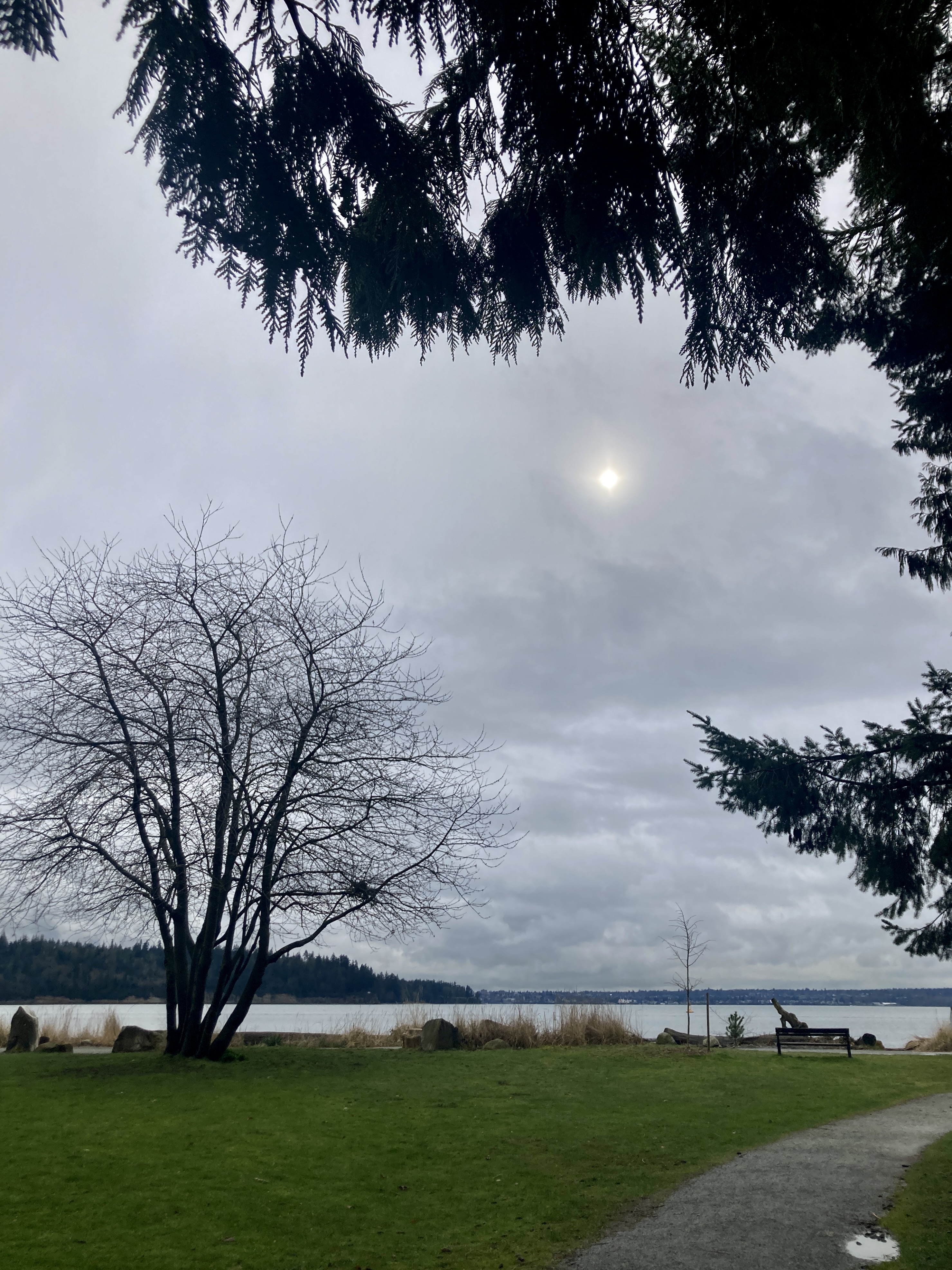A gorgeous day, hot hinting at the alternative. And I was inundated with good books. The young new tenant of my basement suite arrived to say hello, bringing a gift from his uncle Bruce, one of my best friends: a giant picture book about Paul McCartney. Oh you people know me so well.
Then the library called, two books waiting: "The Crack in the Teacup: the life of an old woman steeped in stories," by Joan Bodger, and "Swimming in the Monsoon Sea" by Shyam Selvadurai, which interests me because he wrote it for adults but it achieved great success aimed at the YA market, which might happen to my book. And then, Doubletake for 50 cents provided a book I've been anxious to read, "Wave", by Sonali Deraniyagala, who lost her entire immediate family, her two young sons, her husband and her parents, in the tsunami in Indonesia in 2004. I immediately sat on the deck in the sun and started reading, and stopped before I broke down. She writes in a white heat, breathtaking and unbearable, the best of creative non-fiction and memoir writing.
Re: the controversial legislation pending in Quebec banning religious symbols: what a waste of time. I'm not in favour of flaunting religion, far from it, but how would they enforce their ban, measuring crucifixes, ripping off yarmulkas? It's crazy. The other day, when I went to Wellesley Park with Eli, there were two mothers already there, a Frenchwoman reading a book while her kids played in the sand, and a woman in niquab, head to toe in black, also with her two children. I said hello to her because we sat near each other, and her eyes, it seemed to me, were friendly, whereas the other mother expressed with her entire face a lack of interest in contact.
I am sorry for women who feel the need, or who are pressured, to shroud themselves in our western society; it must cut them off from making friends with those who are put off by a veil that seems a relic from a repressive time centuries ago. But in that brief encounter, I felt more warmth from a shrouded woman's eyes than from another woman's full face. I used to hate seeing that denial of a woman's mouth and expression, her identity. But I'm used to it now. There are worse things.
There are much more important issues of social justice and human rights, surely, for a government to tackle.
Though I think of one of my favourite lines of poetry, Sylvia Plath writing about loving her children: "It is as if my heart/ put on a face and walked into the world." Women in niquab have to wear their hearts in their eyes, only.
A tiny article in the "Star" - a Quebec woman on a motorcycle was killed "after being struck by a deer as it catapulted through the air following a collision with a car." What are the chances of that, being killed by a falling deer? What are the chances that your entire family will be swept away by a tsunami, leaving you wanting to die yourself? Get out there, my friends, lift your face to the sun, feel that warmth, marvel that we are alive.
Subscribe to:
Post Comments (Atom)












Beautifully put. This is one of your very best Beth. France ( where I have been living for 42 years) has done so much harm by focusing on exterior signs of religious denomination that the law has actually managed to exacerbate exclusion. Rather than helping citizens seek out how to welcome difference and diversity, the law has only managed to encourage perceiving any difference as a danger. It has managed to push the Front National from the marginal extreme right to centre stage. Lynn
ReplyDeleteThank you, Lynn. Well put, you too.
ReplyDelete